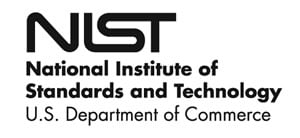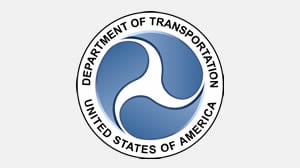RSS feed source: National Science Foundation
Synopsis
Wildland fire is a powerful force on the planet, one that is rapidly accelerating in complexity beyond our current understanding. A new approach is needed. This approach requires a proactive and scalable perspective that recognizes the variety and connectedness of components of wildland fire. Coordinated scientific research and education that enables large-scale, cross-cutting breakthroughs to transform our understanding of wildland fire is urgently needed. In an era of rapid change, our society needs forward-looking research built on new frameworks that will realign our relationship with wildland fire.
The Fire Science Innovations through Research and Education (FIRE) program invites innovative multidisciplinary and multisector investigations focused on convergent research and education activities in wildland fire. All areas of science, engineering, and education supported by the U.S. National Science Foundation are included in this program. Projects developed by a wide array of groups including, for example,
Click this link to continue reading the article on the source website.

